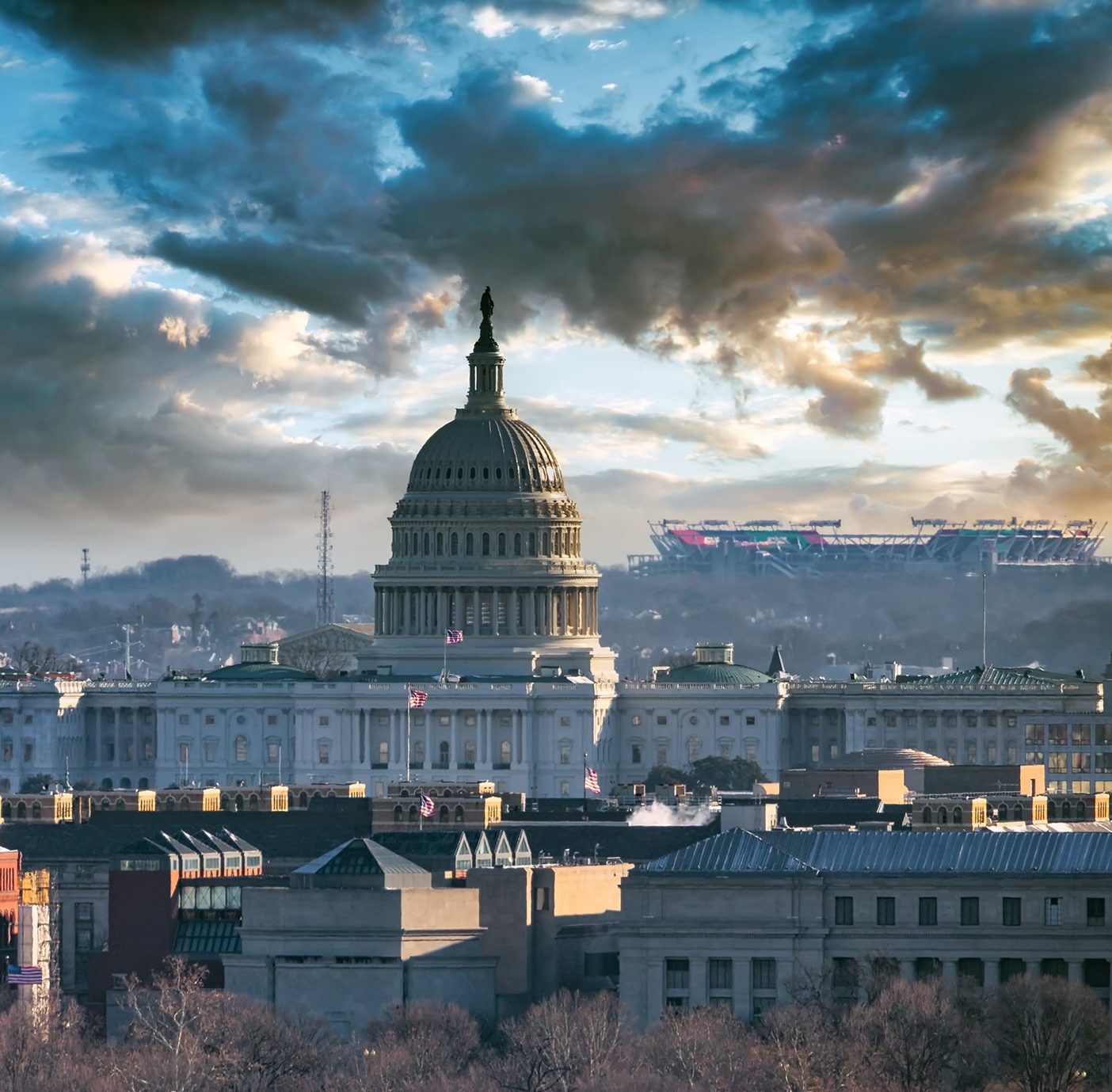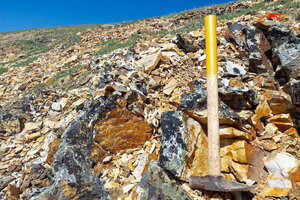The House of Representatives is now considering a bill that would enable good-faith actors to clean up pollution from Abandoned Mine Lands (AML) with tailored liability protections. We strongly urge Congress to turn this legislation into law.
The Good Samaritan Remediation of Abandoned Hardrock Mines Act of 2024 would open the door for mining companies, conservation groups, local stakeholders and other “Good Samaritans,” who have no legal or financial responsibility or prior connection to a site, to clean up and restore the natural environment at Abandoned Mine Lands (AML).
The Good Samaritan Remediation of Abandoned Hardrock Mines Act of 2024
As it now stands, groups who volunteer to clean or restore a former mining site could become legally responsible and permanently liable for the site and long-term water quality treatment even if the group played no role in causing the pollution before remediating the site. This law would provide tailored liability protections to Good Samaritan organizations so they can put a stop to ongoing environmental hazards.
This bipartisan bill has received resounding support from over 40 groups, including the mining industry and conservation groups like Trout Unlimited, the National Wildlife Federation and the Property and Environment Research Center, to name just a few.
We thank and applaud Senators Martin Heinrich (D-N.M.) and Jim Risch (R-Idaho) and Representatives Celeste Maloy (R-Utah) and Mary Peltola (D-Alaska) for championing this triumph of environmental stewardship.
Congress has discussed Good Samaritan bills for nearly 30 years, and none have come this far. With both sides of the aisle joining industry and advocacy groups to endorse this bill, now is the time to put these ideas into action. We need continued support from legislators to see this across the finish line. The Senate unanimously approved the bill in July. In mid-September, the House Committee on Transportation and Infrastructure passed the Good Samaritan bill. Now it is ready to move on to a full House vote – and then the President’s desk – before it’s finally made law.
If the bill is signed into law, the Environmental Protection Agency (EPA) would be directed to establish a pilot program that issues up to 15 permits for low-risk projects to Good Samaritans. Importantly, the bill removes the most critical barrier to these projects being done now by providing carefully tailored liability protections to Good Samaritans who must demonstrate through a rigorous permitting process – with federal oversight, public consultation, and environmental review – that their work will result in improved water and soil quality. The liability protections are conditioned on Good Samaritans doing what they are authorized, and if they violate their permit, are required to return the site to its prior condition or be held liable for those violations.
Rich Nolan, NMA President and CEO recently discussed the importance of the bill, saying that “this bill allows mining companies and local stakeholders to utilize their equipment and technical expertise to clean up abandoned sites without fear of incurring additional legal liability, removing key obstacles that have prevented the remediation of legacy land and water resources for far too long.”
Thousands of abandoned hardrock mines, especially in western states, produce environmental and water pollution. The Good Samaritan Act would help remediate these environmental hazards.
Historic AMLs are often more than one hundred years old – predating modern environmental laws – and have no existing owners to take responsibility for their ongoing risks. By establishing tailored and conditional liability protections for the groups aiming to improve the conditions of these sites, we will be taking steps to prevent further pollution rather than assigning liability to those acting in good faith. Removing these permanent liability concerns will open the door to more significant AML cleanups and build trust that environmental and public health improvements can be achieved under a Good Samaritan permitting program.
The United States mining industry upholds the world’s leading environmental standards and practices. We’re committed to reducing the environmental impact of abandoned mines, as well as reclaiming and restoring land during and after current mining operations.
This article was published by: Kate Harris
Visit the original article here



